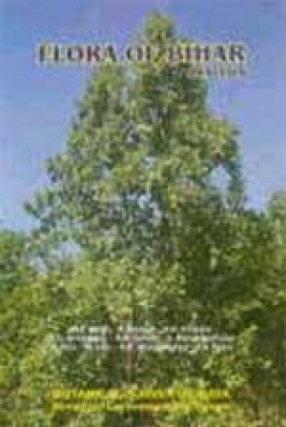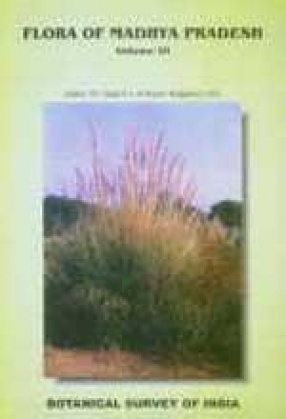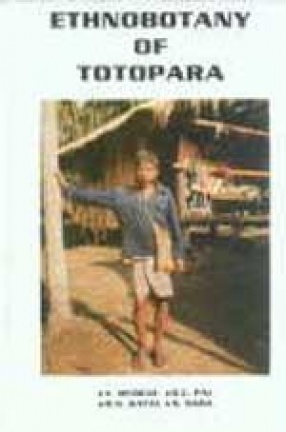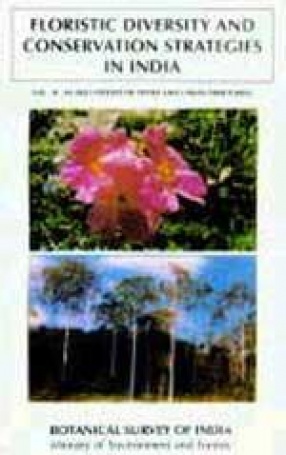
V. Mudgal

Showing all 9 books






Erstwhile Bihar, lying close to the foot hills of Nepal and covering an area of 1,73,877 sq km, harbours a very rich and diverse flora. Its unique phytogeographical position, topography and good precipitation are some of the important factors which are mainly responsible for high degree of plant diversity. The occurrence of different types of forests, ranging from subtropical to tropical and consequently the establishment of three National Parks and twenty ...

The present book, the third and last volume of Flora of Madhya Pradesh, deals with an account of 706 species of angiosperms belonging to 241 genera and 37 families (Hydrocharitaceae to Poaceae) and 7 species of gymnosperms (mostly cultivated) under 5 genera and 4 families.


The current book in six volumes has now been put forth by the Botanical Survey of India. This is probably the world's most voluminous and exhaustive account of floristic diversity published on any area of the world of the size of India. Its publication is very opportune in another respect; it appears in the golden jubilee year of India's independence. It covers several aspects of floristic diversity, its utility and conservation. The various chapters are ...

Ethnobotany of Totopara" is a descriptive ethnomedicinal account of a very small Mongoloid tribe known as "Toto". The Totos are living in Totopara which is situated in the extreme north-east part of Jalpaiguri district in West Bengal. The authors took extensive field studies during 1995 to 1997 at Totopara and the present account is the outcome of those field studies. Until a few years ago, the Totos were unknown to the outside world. They used to ...


The first volume in this series has already been published which contains valuable information on different recognised groups of non-flowering plants and Gymnosperms. Volume II and III are devoted to the Biodiversity of flowering plants occurring in different Phytogeographical regions of India. These volumes capture the enormous floristic diversity, their utility and status. Numerous illustrations and coloured pictures have been added to enhance the scientific ...

The first volume in this series has already been published which contains valuable information on different recognised groups of non-flowering plants and Gymnosperms. Volume II and III are devoted to the Biodiversity of flowering plants occurring in different Phytogeographical regions of India. These volumes capture the enormous floristic diversity, their utility and status. Numerous illustrations and coloured pictures have been added to enhance the scientific ...

Many small and large books have appeared on biodiversity in India in the last one decade. This book deals with 'Hotspots' of one major component of biodiversity, the plant resources in selected and critical areas in India. The work is authored by scientists who are researchers by profession and are well trained taxonomists of Botanical Survey of India, which is the main official agency of the Government for study of plant resources of the country. The book covers ...
